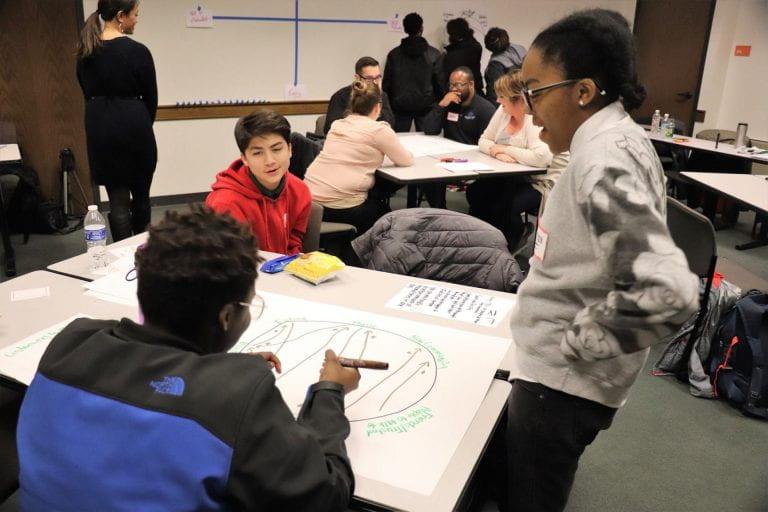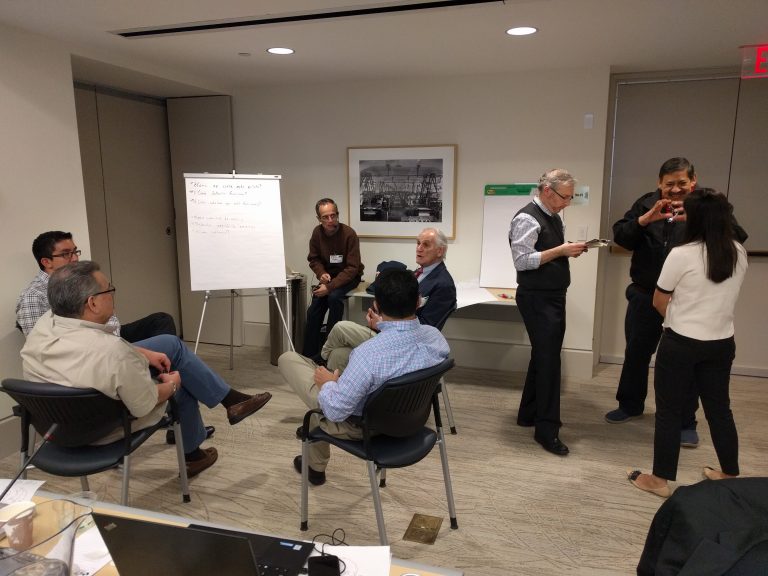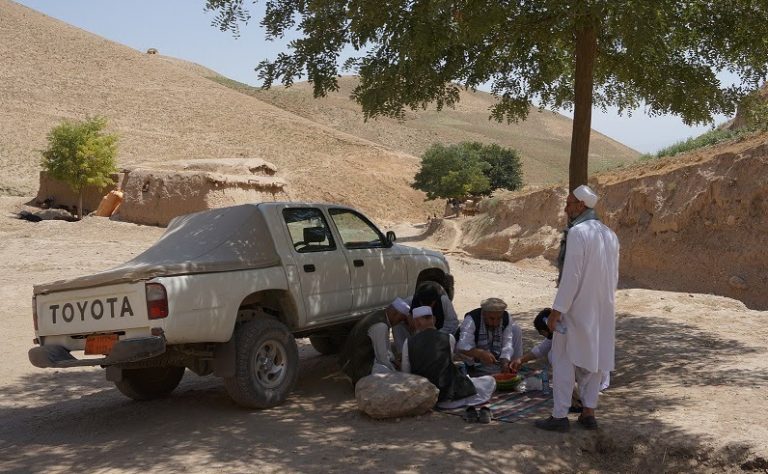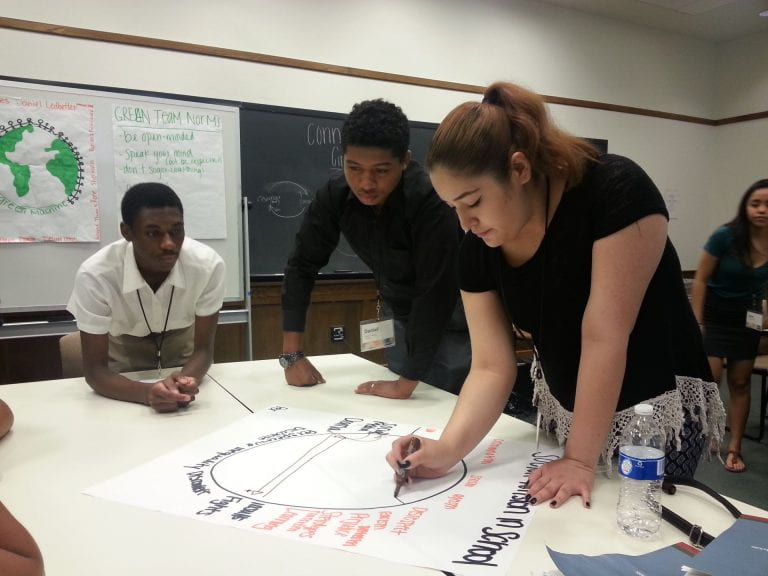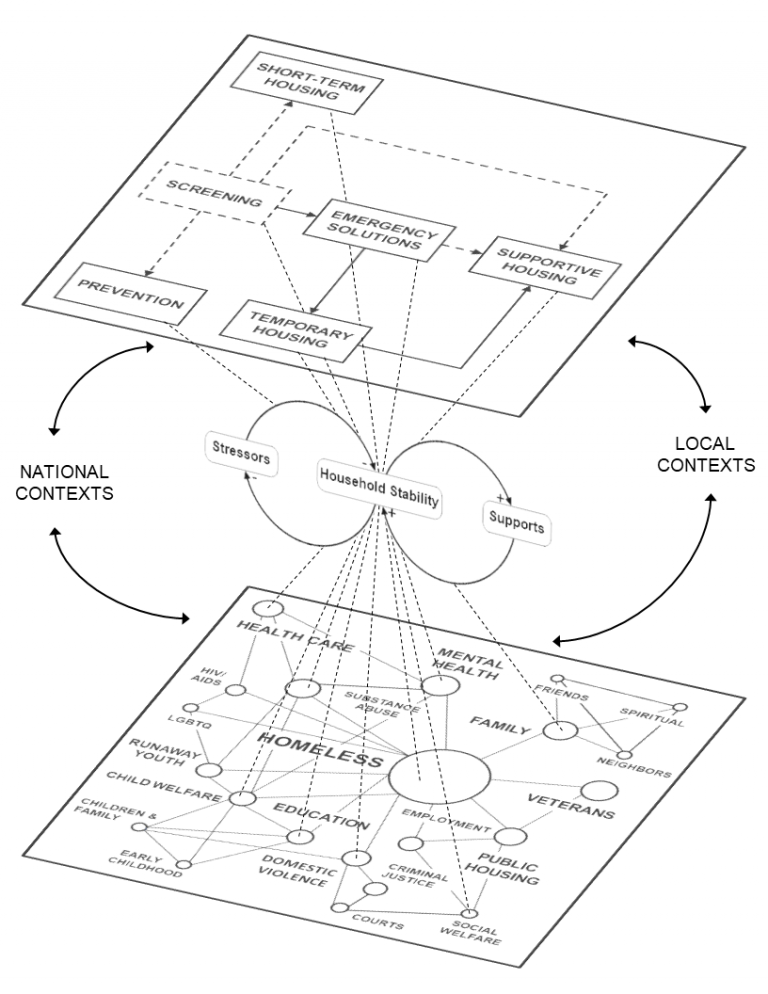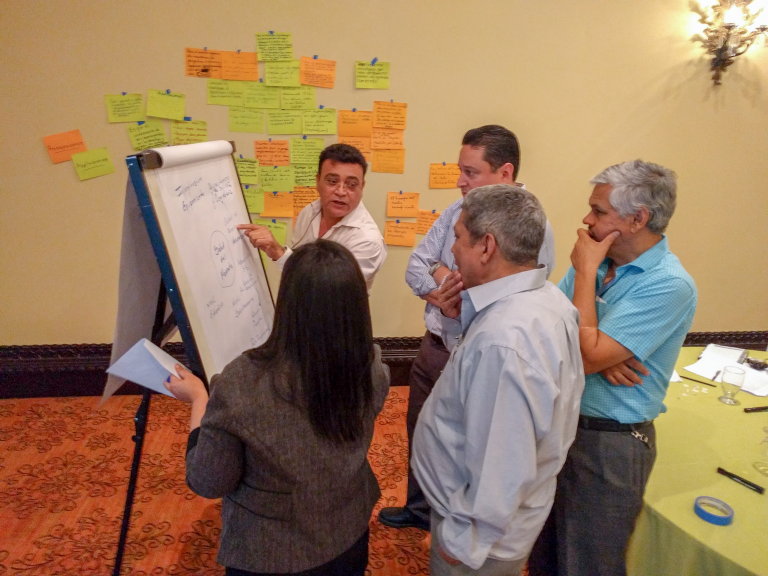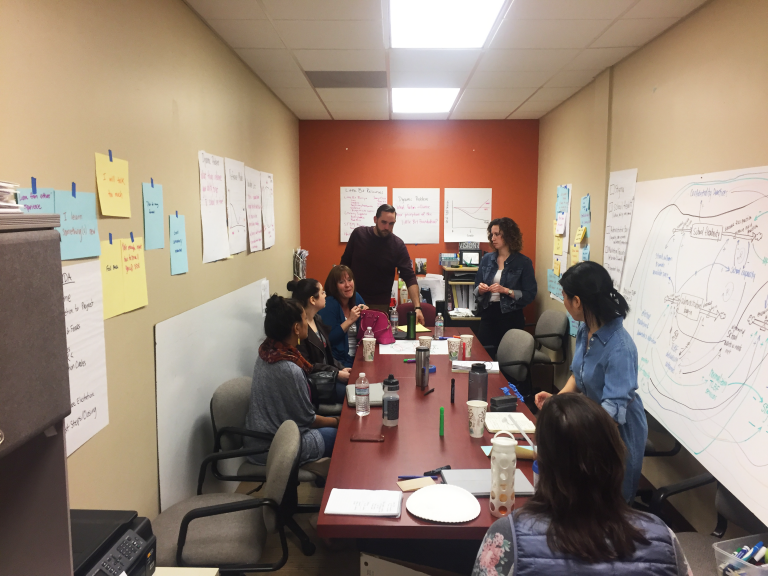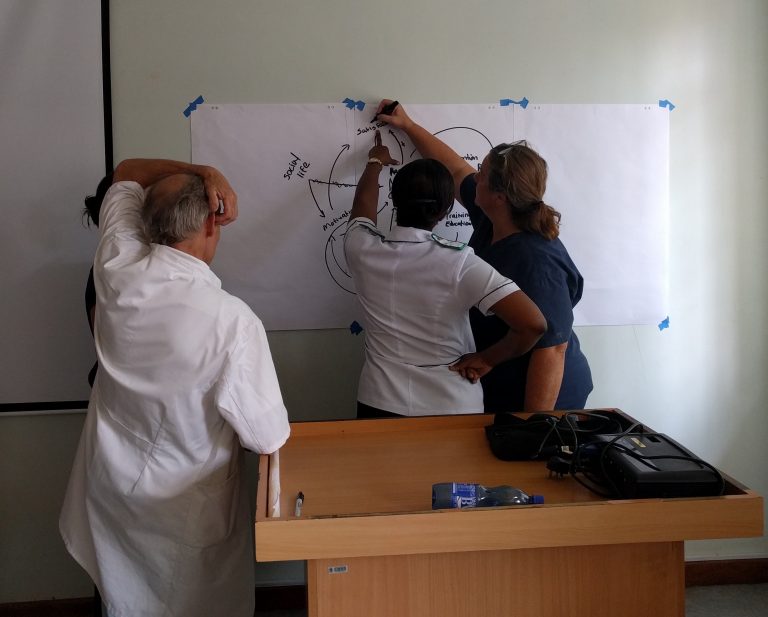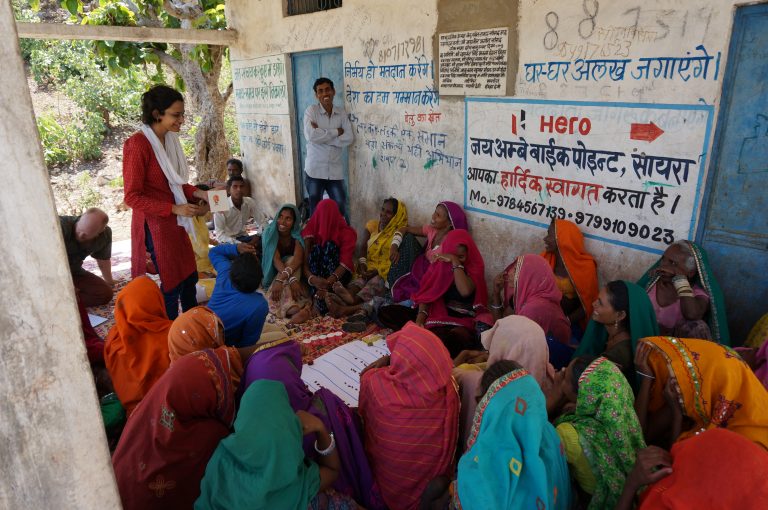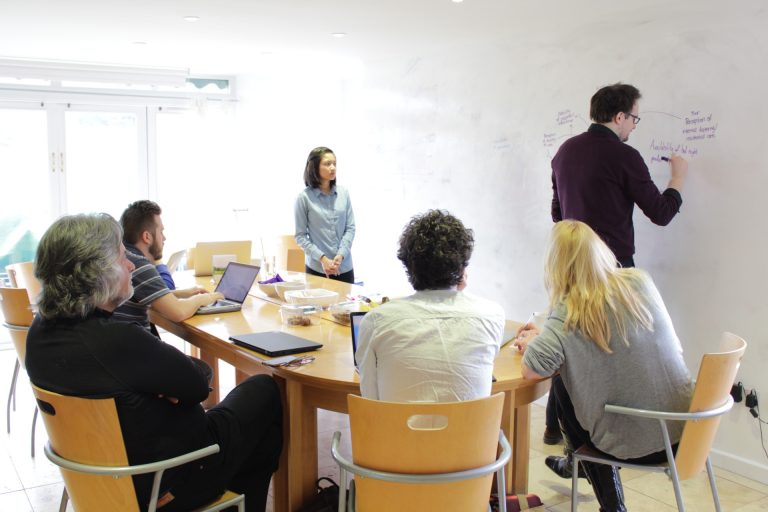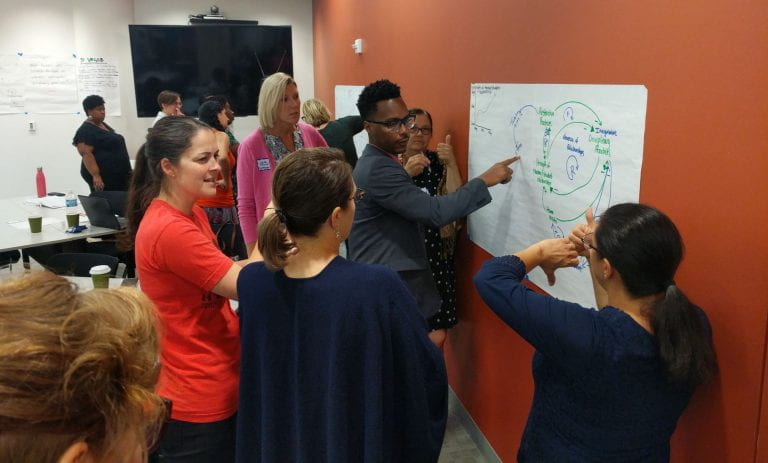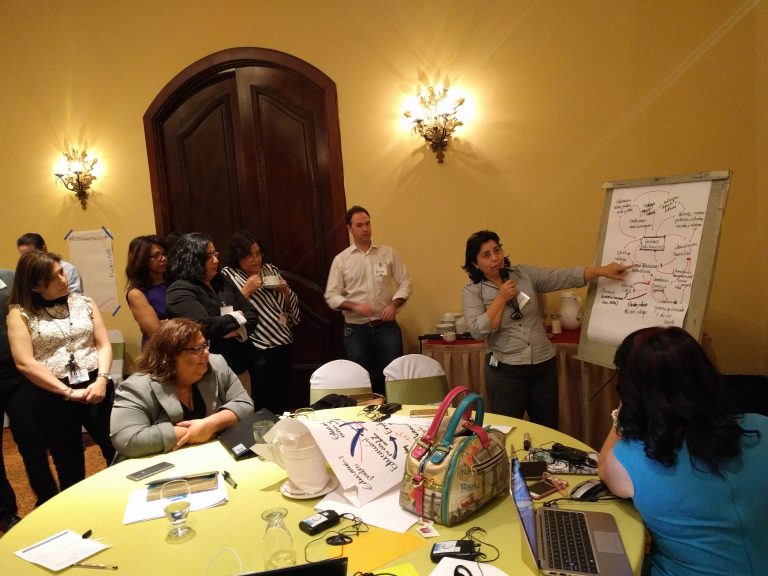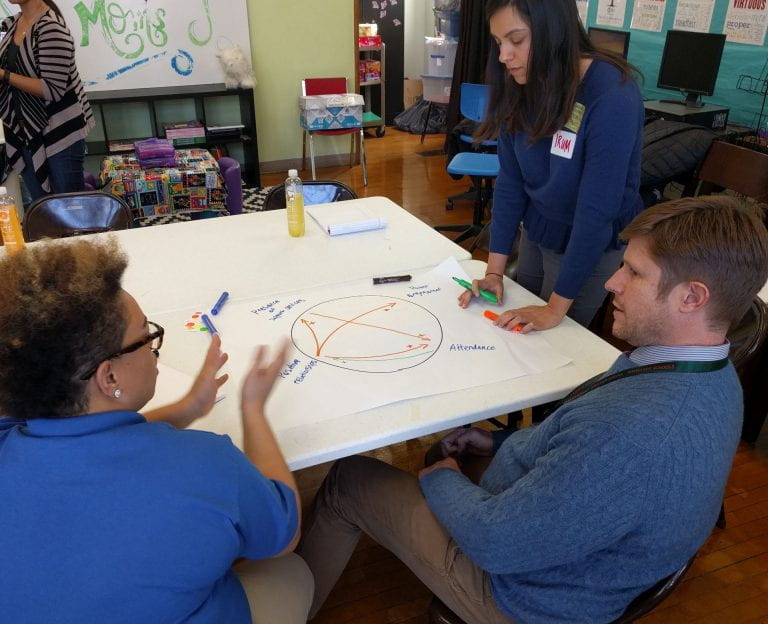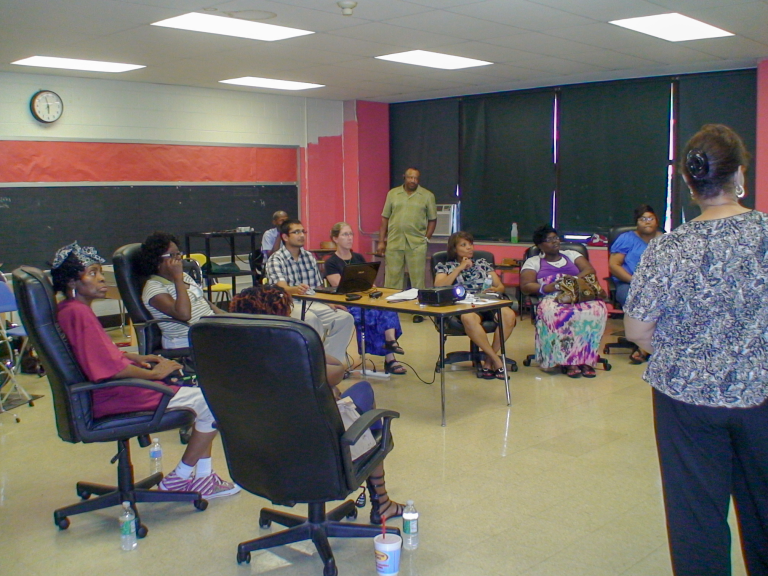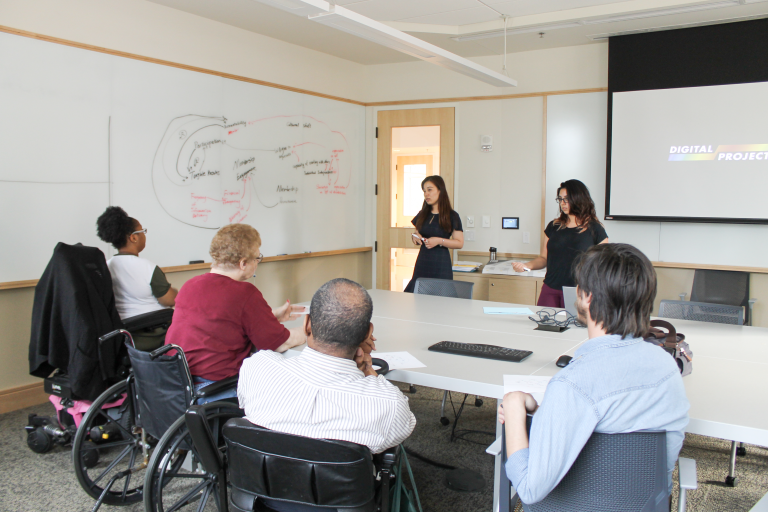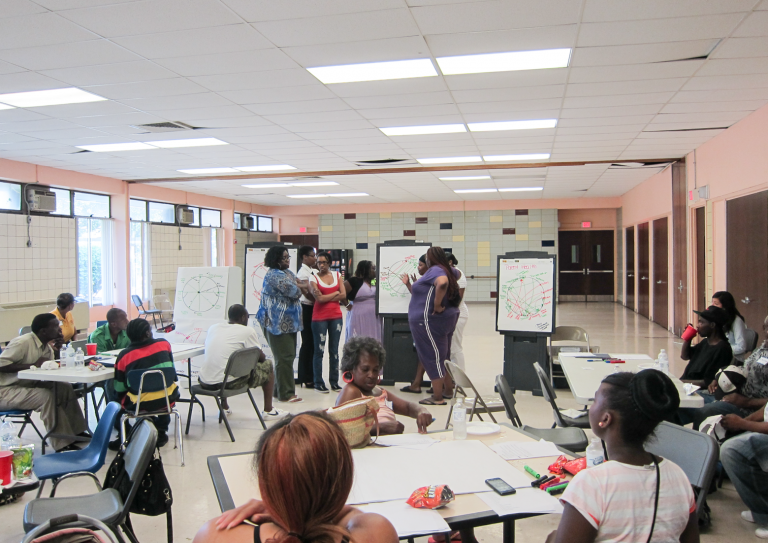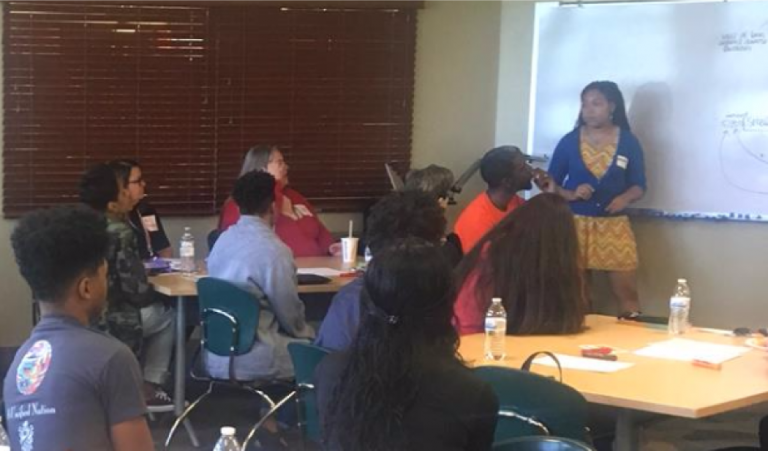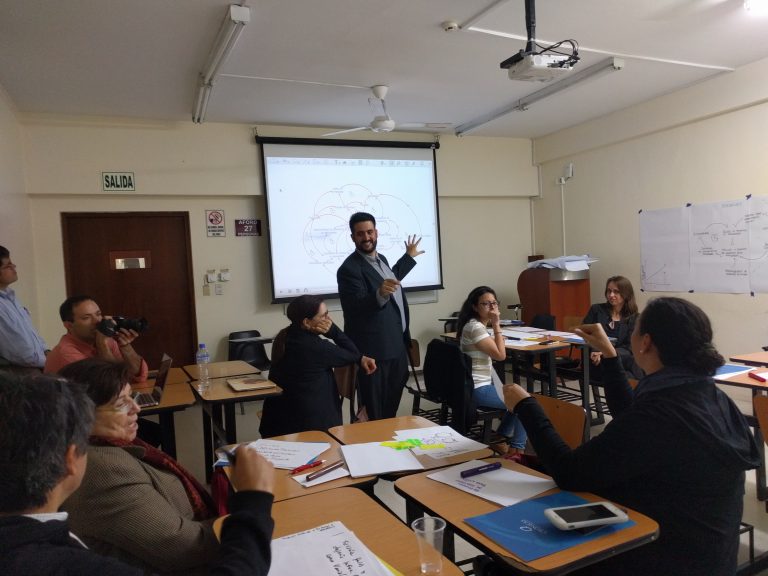The Social System Design Lab (SSDL) works with partners around the world to apply the methods of system dynamics to a wide range of issues related to social justice and health equity. The SSDL collaborates with community partners and researchers to design and facilitate group model building workshops, develop computer simulation models, and build capacity in systems thinking with the ultimate goal of designing solutions to complex problems. Changing Systems and the Relationship and Sexual Violence Assessment Initiative (RSV-AI) are the SSDL’s place-based initiatives anchored in St. Louis.

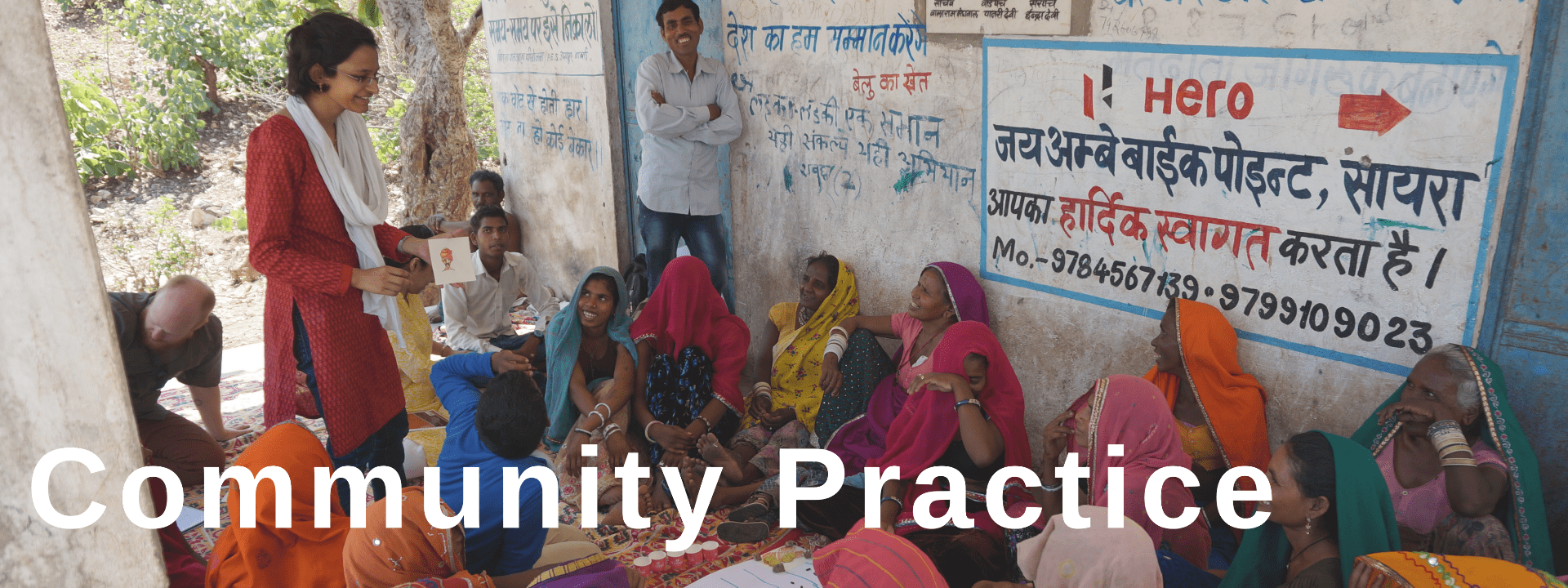
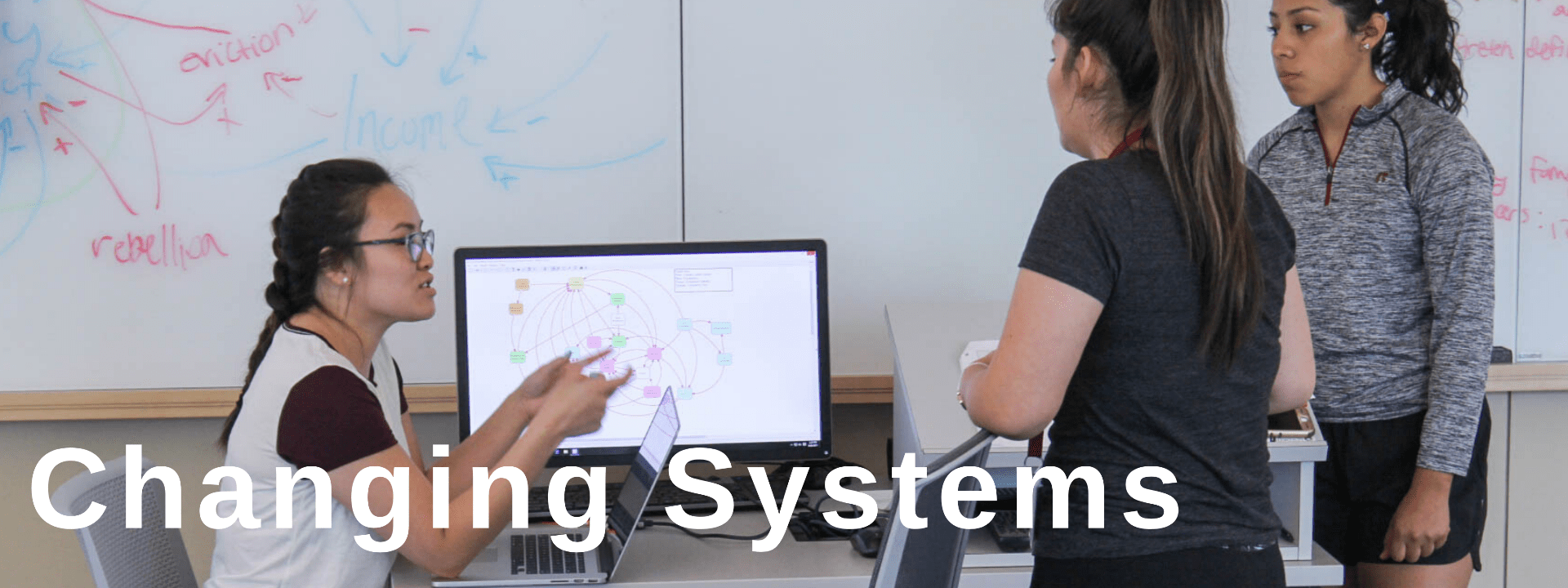
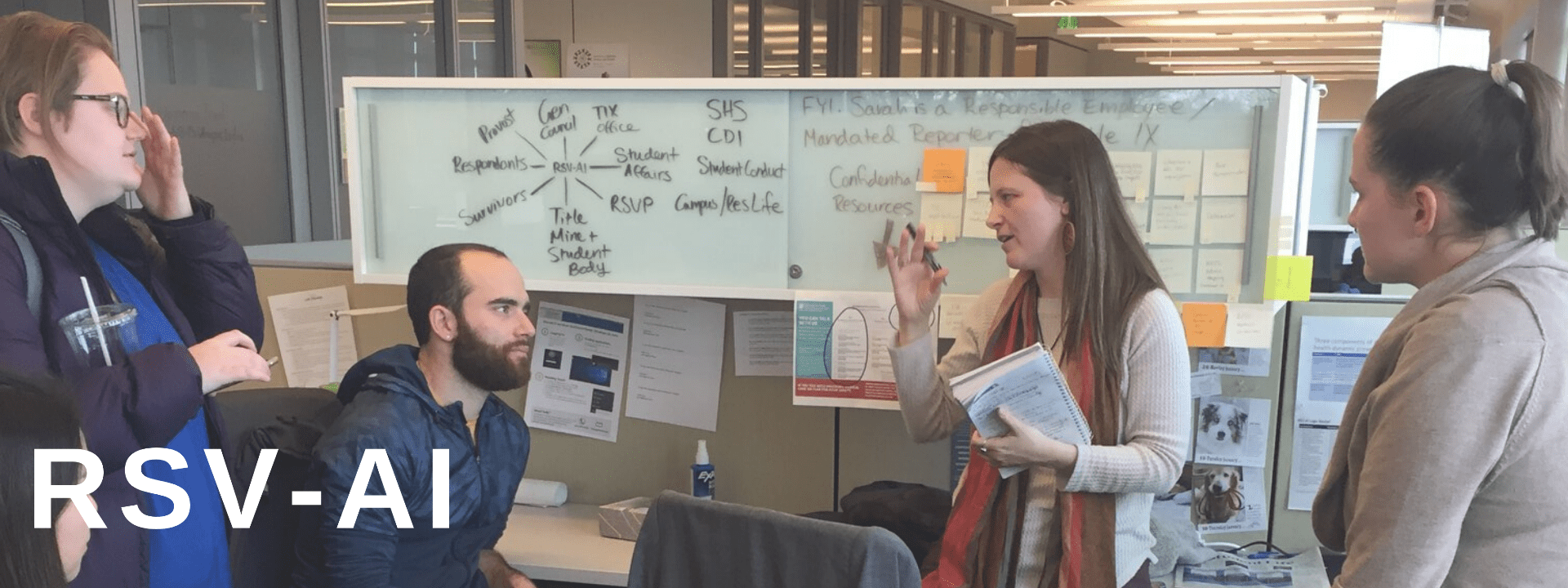
All Projects
Making the invisible visible: Using a qualitative system dynamics model to map disparities in cumulative environmental stressors and children’s neurodevelopment
Payne-Sturges, DP.; Ballard, E.; Cory-Slechta, DA.; Thomas, SB.; Hovmand, PS. (2023)
Making the invisible visible: Using a qualitative system dynamics model to map disparities in cumulative environmental stressors and children’s neurodevelopment. Environmental Research, 221. https://doi.org/10.1016/j.envres.2023.115295.
Application of systems dynamics and group model building to identify barriers and facilitators to acute care delivery in a resource limited setting
Muttalib, F., Ballard, E., Langton, J. et al. Application of systems dynamics and group model building to identify barriers and facilitators to acute care delivery in a resource limited setting. BMC Health Serv Res 21, 26 (2021). https://doi.org/10.1186/s12913-020-06014-7
Boundary objects in translation: the role of language in participatory system dynamics modeling
Ballard, E., Werner, K. and Priyadarshini, P. (2021), Boundary objects in translation: the role of language in participatory system dynamics modeling. Syst. Dyn. Rev., 37: 310-332. https://doi.org/10.1002/sdr.1694
Community‐Based System Dynamics for Mobilizing Communities to Advance School Health
Defining and Intervening on Cumulative Environmental Neurodevelopmental Risks: Introducing a Complex Systems Approach
Promoting knowledge to policy translation for urban health using community-based system dynamics in Brazil
Morais, L.M.O., Kuhlberg, J., Ballard, E. et al. Promoting knowledge to policy translation for urban health using community-based system dynamics in Brazil. Health Res Policy Sys 19, 53 (2021). https://doi.org/10.1186/s12961-020-00663-0
